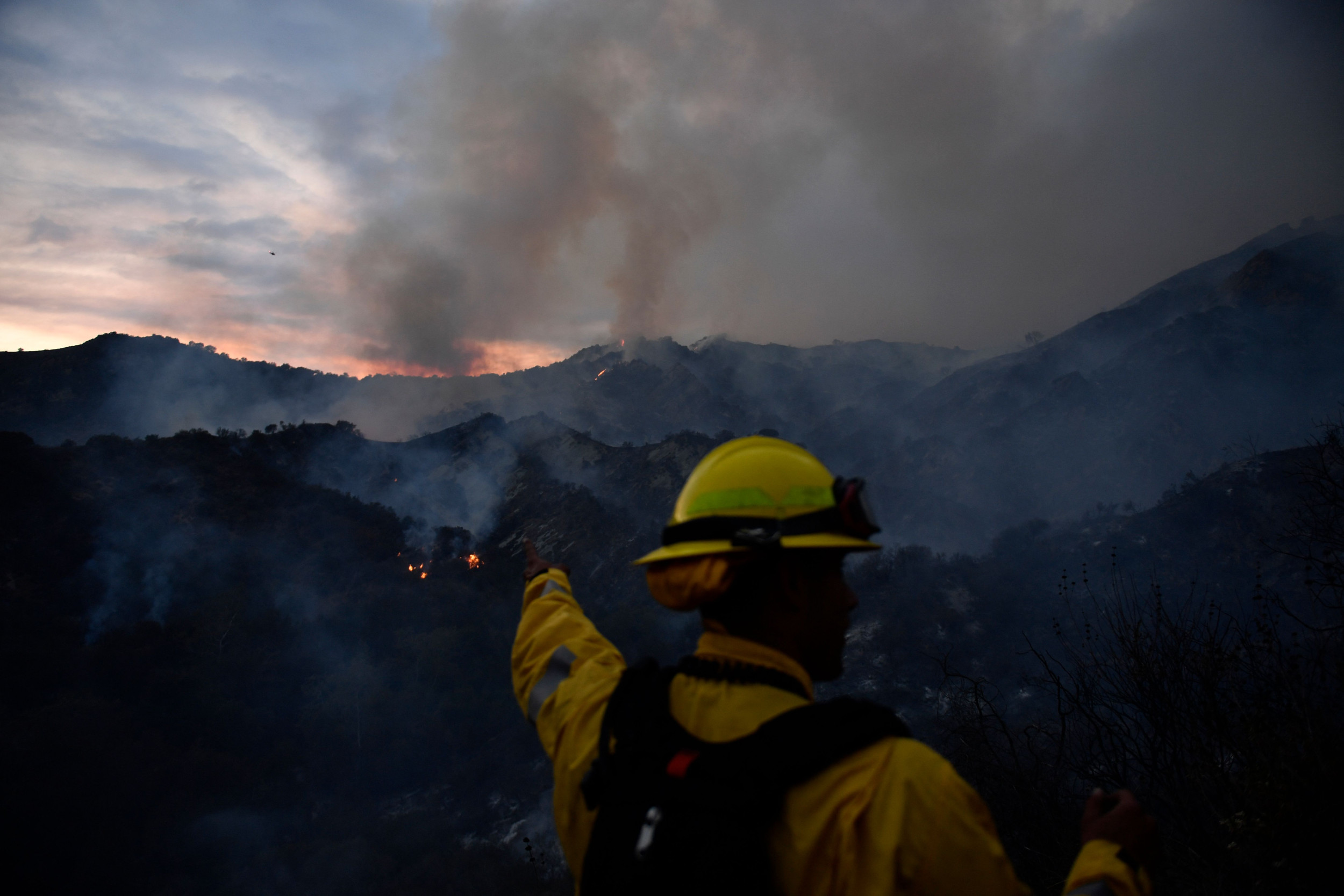Ghost guns—untraceable firearms assembled from kits or 3D-printed components—have become a focal point in the U.S. gun control debate. These weapons lack serial numbers, making them difficult to trace and regulate. In response, several states have enacted laws to address the proliferation of ghost guns.
As of November 2024, 15 states have implemented regulations targeting ghost guns. The specific measures vary by state but generally encompass the following:
- Serial Number Requirements: Mandating that all firearms, including those assembled from kits, bear a unique serial number.
- Background Checks: Requiring purchasers of firearm components to undergo background checks, similar to those for fully assembled firearms.
- Reporting Obligations: Obliging individuals to report the possession or assembly of ghost guns to state authorities.
- Restrictions on 3D-Printed Firearms: Prohibiting the manufacture and possession of firearms produced through 3D printing technologies.
Newsweek has mapped out the different regulations below.
For instance, California has stringent laws requiring serial numbers and background checks for firearm components, and mandates that all ghost guns be reported to officials. The state also bans the production of undetectable plastic guns.
Similarly, New Jersey prohibits the sale and possession of ghost guns and has enacted laws against the distribution of 3D printing instructions for firearms. The state also requires that all firearms, including those assembled from kits, have serial numbers and that purchasers undergo background checks.
At the federal level, the Bureau of Alcohol, Tobacco, Firearms and Explosives (ATF) has sought to redefine firearm parts kits as firearms, thereby subjecting them to existing regulations.
They can be produced for less than $200, according to CBS News, and made in as little time as 20 or 30 minutes.
The guns have been increasingly linked to crime in recent years, and the ATF recovered around 20,000 suspected ghost guns in criminal investigations in 2021, a ten-fold increase since 2016, according to the White House.
The ATF also shared that between 2017 and 2021 the number of privately made firearms, aka ghost guns, increased by 1,083 percent.
After President Joe Biden's regulation policy for the guns came into action in 2022, the number of ghost gun seizures dramatically increased, but prompted gun manufacturers and advocacy groups to challenge the rule.
Later that year, a federal judge in Texas, U.S. District Judge Reed O'Connor, blocked the rule, but the Supreme Court restored the policy for the time being while the White House appealed the ruling, meaning restrictions on ghost guns remained, the BBC reported.
In October this year, the Supreme Court seemed likely to uphold the Biden administration policy.
Discussing the regulation of ghost guns with Newsweek, Professor Jonathan Jay, an assistant professor at Boston University School of Public Health, said that he thought "the restrictions on ghost guns are really important."
He added, that from a public health standpoint, ghost guns are "absolutely a big problem, because they make it easier for anyone to get access to a gun, and more guns means more risk."
However, when ghost guns are discussed as the "weapons of choice for quote-unquote 'criminals,'" he said he thought that this was "short-sighted."
He explained that this was because "it reinforces the idea that people who have guns unlawfully are irredeemable, when in fact our programs need to be connecting with those folks, establishing trust and getting them on the right track."
He said that a lot of Americans who are motivated to get a gun, who can't get them in the store or buy one, are young people, "who feel they need to carry one to stay safe in their communities."
He said that then the people most likely to pull the trigger of a ghost gun would be "people who have experienced violence and marginalization, and haven't gotten opportunities to remove themselves from those cycles of harm."
Do you have a story Newsweek should be covering? Do you have any questions about this story? Contact LiveNews@newsweek.com.





.png)














 English (US) ·
English (US) ·